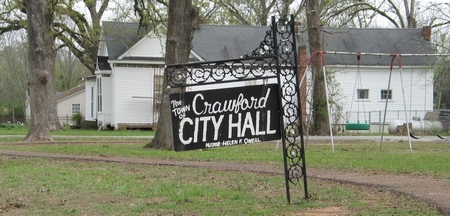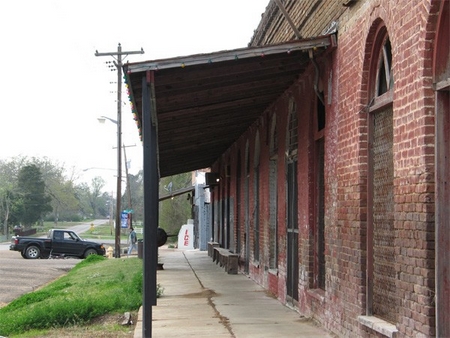Some freeper made mention of the William F. Buckley writings being online at Hillsdale College’s web site. Here, as a public service, is a link:
And here is a link to an archive of his Firing Line program at the Hoover Institution.
I used to read Buckley’s column occasionally, was a one-time subscriber to National Review (which I usually would read cover to cover) and am sure I saw a few snippets of him on television. His Firing Line program ran back in the days when I used to be more of a television watcher, so I’m not sure why I never saw it. Or maybe I did see a snippet of it once or twice.
Anyhow, after reading so many eulogies of William F. Buckley, I thought it would be intesting to go back and look at some of his articles from the 1960s. For example, I’m curious as to what he had to say about civil rights back in those days. I have my own memories of those days, but they are probably very much colored by the intervening years. This would be a way to go back in time. I haven’t gotten too far on that project yet, but I’ll make use of the above link.
The Hoover Institution archive has VHS tapes for sale, but also has some video clips online.
Unfortunately the video clips are in Real Media format, and the site says you have to install the latest version of RealOne to view them. Not even William F. Buckley is worth contaminating my computer with such an intrusive piece of software, but my son told me about Real Alternative. I installed that, and it plays the video clips just fine.
More misfortune, though. Only the first five minutes of selected shows are available. From what I’ve heard, I wouldn’t expect the first five minutes to be the most interesting. Still, it was interesting to see a young Bill Buckley from the 60s, and a young John F. Kerry and a young David Broder.
I’ve now seen more video of the young John Kerry than the guy who ran for president. Don’t like him. People like that will cure one of left-liberalism quite easily (though it was other left-liberals, not he, who cured me of a bout of McGovernism in the early 70s).


